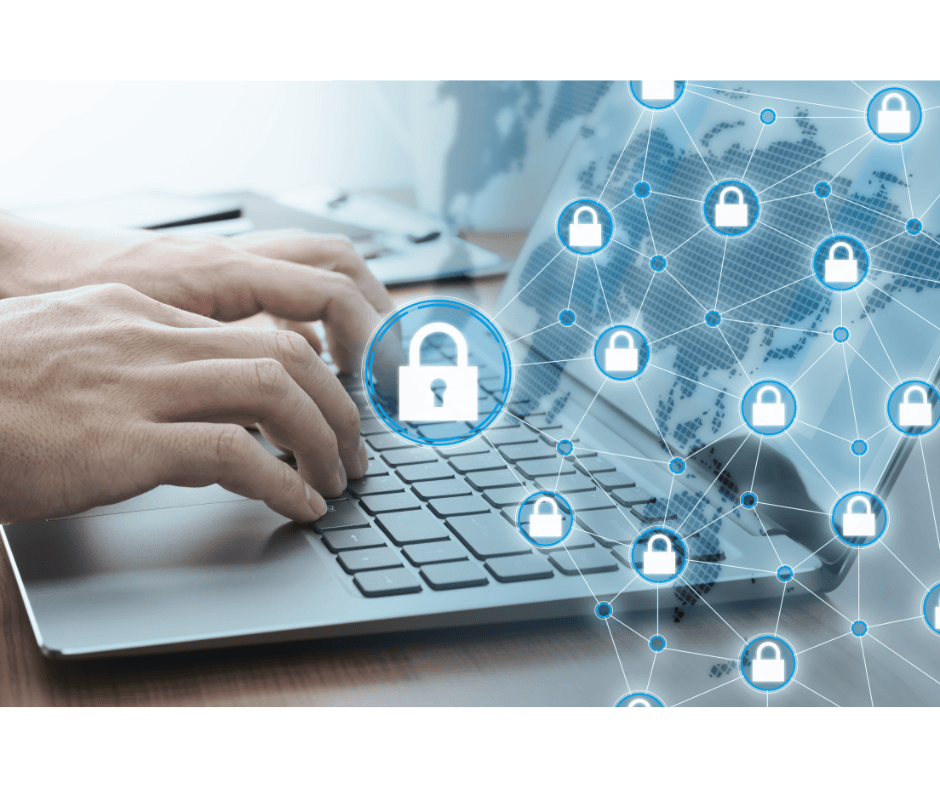3 Crucial Practices for Ensuring Cybersecurity in 2024
)
3 Crucial Practices for Ensuring Cybersecurity in 2024
In 2024, the predominant force shaping the cybersecurity landscape is the rapid evolution of Artificial Intelligence (AI). As businesses continue to integrate advanced technologies, AI emerges as a prominent threat to the security of your digital assets and your personal information. To counter this, here are three fundamental practices that you can personally adopt to help fortify your personal information and financial well-being.
1. Double Down with 2FA and Multi-Factor Authentication:
Implementing Two-Factor Authentication (2FA) and Multi-Factor Authentication (MFA) adds an extra layer of protection beyond the traditional username and password combo. By requiring users to verify their identity through a secondary method—such as a code sent to their mobile device or a fingerprint scan—you significantly reduce the risk of unauthorized access.
Encourage your family and team to embrace these measures, making it a standard practice for everyone. It's a small investment that pays off with enhanced security.
2. Be Aware of Voice and Profile Impersonation Scams:
In an era where artificial intelligence has reached impressive heights, voice impersonation scams have become more sophisticated. Hackers can use AI to mimic the voices of colleagues, friends, or family members, creating deceptive scenarios to trick unsuspecting individuals.
Educate your family and team about the existence of such scams, emphasizing the importance of verifying identities, especially when receiving urgent requests for sensitive information or financial aid. A simple phone call to the real number of the person concerned can confirm the legitimacy of the request and be the barrier that thwarts potential scams.
Social media is a breeding ground for cyber threats, with fake accounts posing as familiar faces to exploit trust. Advise your family and team to regularly audit their friend lists and connections, flagging and reporting suspicious accounts. Encourage them to scrutinize unexpected friend requests and messages, particularly those requesting personal information or financial assistance. Awareness is your first line of defense against these digital doppelgangers.
3. Don’t Click Dodgy Links:
Phishing attacks often rely on seemingly legitimate links in emails or messages to deceive users. Train your family and team to approach every link with skepticism. Hovering over a link without clicking can reveal its true destination. Emphasize the importance of verifying the sender's identity before opening attachments or clicking on links, especially if the message appears unusual or unexpected. It's a game of caution, and in this game, being overly suspicious is a virtue.
The easiest detection method is to look for spelling anomalies such as facebook being spelt with an ‘ee’ instead of ‘ce’ or a link that might have bits before or after the name you recognise. For instance loyalit.reply.com is not really the Loyal I.T. URL.
By adopting these proactive measures, your business can navigate the digital landscape with confidence, reducing the risk of falling victim to cyber threats. Remember, in the realm of cybersecurity, vigilance is the ultimate key to safeguarding your business's digital fortress.
Where to find more information
Loyal I.T. Solutions provides advice and implementation of the right hardware and software for your business. We are here to help. Please contact Loyal I.T. Solutions at 02 4337 0700 or reception@loyalit.com.au.
) Author:Michael Goodwin
Author:Michael Goodwin| Tags:WindowsServicesITIT ConsultingComputer MaintenanceCyber SecurityMulti-Factor AuthenticationbackupVoice ImpersonationProfile Scam |





